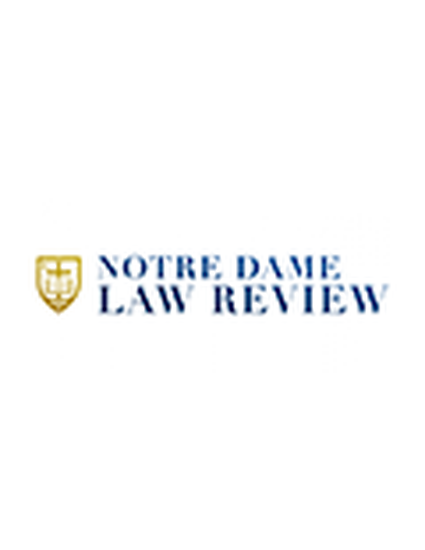
Some scapegoats are innocent. Some warrant blame, but not the amount they are made to bear. Either way, scapegoating can allow in-groups to sidestep social problems by casting blame onto out-groups instead of confronting such problems—and the in-groups’ complicity in perpetuating them—directly.
This Essay suggests that it may be productive to view the Bivens regime’s rise as countering various exercises in scapegoating and its retrenchment as constituting an exercise in scapegoating. The earlier cases can be seen as responding to social structures that have scapegoated racial, economic, and other groups through overaggressive policing, mass incarceration, and inequitable government conduct more broadly. The later cases can be seen as scapegoating the earlier cases. Current Justices condemn their predecessors’ work as legislating from the bench while seeming to do the same in and beyond the Bivens context. The Supreme Court thus makes a convenient sacrifice of caselaw that its majority appears to oppose on ideological grounds. And it does so while arguably continuing the supposedly errant conduct depicted as justifying the ritual in the first place—and while potentially discouraging the forces of political change from pushing Congress to get involved.
The Essay closes by contending that legislative intervention could break the scapegoating cycle and by discussing some steps the legal community could take to advance that aim.
Available at: http://works.bepress.com/katherine-crocker/28/
